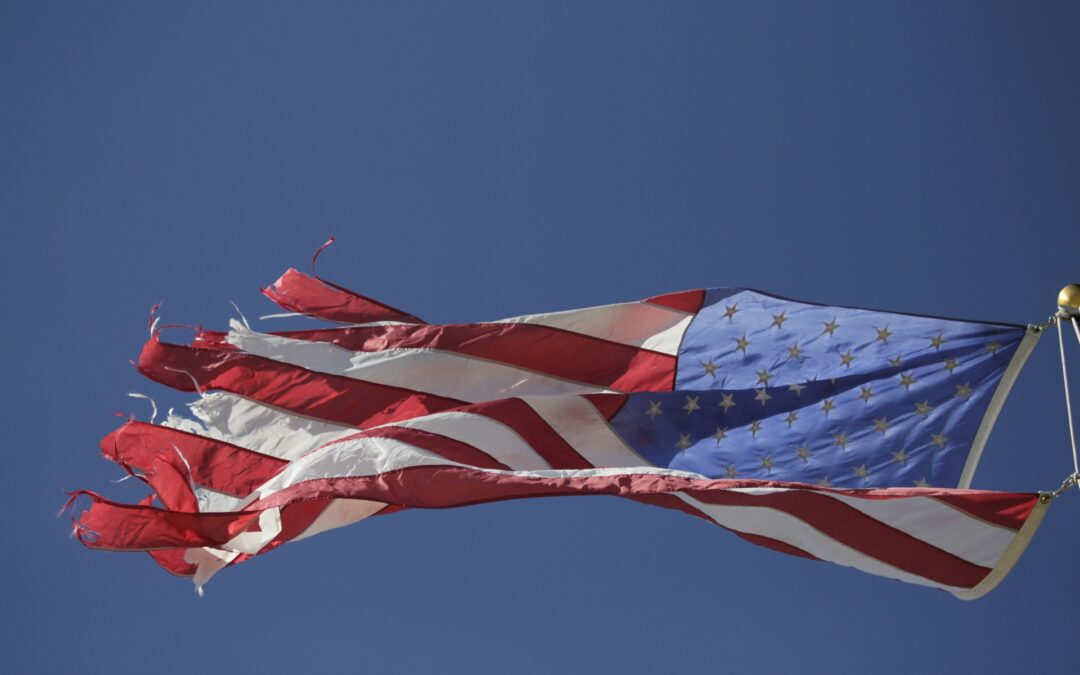Our nation’s current sociopolitical climate brings to mind the words of Langston Hughes, “I, too, sing America…I, too, am America.”
America’s conscience has been stirred by recent events. Yet, for too many, such realities are not new. Most struggle to rationalize and reconcile the tragic, pointless deaths of Ahmaud Arbery, Breonna Taylor, George Floyd and Elijah McClain. These are just the latest, known victims of systemic and racial injustice.
Any list of victimized or deceased persons of color can never be exhaustive. Countless others have experienced systemic injustice, racial hatred and varied forms of domestic terror in everyday life.
It is easy to account for extreme macro-aggressions inflicted upon black, brown and other people. However, it is the accumulation of micro-aggressions — daily impositions of systemic economic, social and political inequities — that tell us we are “less than.”
We must do better. Instead of attacking “the other,” we must embrace and celebrate the richness of true democracy and honor the voices that make us a choir.
What will a multi-ethnic America look like? Or more important, feel like? We must consider a three-dimensional approach to reach a resilient and equitable state of democracy.
First, we must acknowledge that in this moment, and in our historical record, there are things that are neither right nor righteous.
Throughout the nation’s history, full self-expression of citizenship has been discounted, challenged or not offered at all for some people. In setting that precedent and establishing systems based upon it, we justified and monetized the disenfranchisement of others.
Our assimilating of practices, attitudes and behaviors, whether knowingly or unknowingly, accidentally or with full permission, continues to perpetuate systems that are at times unjust, unhealthy and inequitable.
So, while many of us aspire to represent a spirit that wants to advance opportunity for all, we are falling short. We desire the ability to have faithful, full and free participation in our democratic experiment. Yet, in our efforts to do better, we have been moribund by default in ascribing worthlessness to specific groups of people.
Voting is still not fully accessible
Second, we must affirm one another’s inalienable rightness. We, the people, are assigned rights as sacred beings and citizens of the cosmos. We must make note of where we are falling short.
The events of recent weeks remind us that the vote is not free and is not fully accessible. Our current protests speak to the fact that many persons and their communities are often disregarded, dehumanized and damned by systems and practices that espouse to protect and to perpetuate their good; yet do the opposite.
In 1957, Rev. Dr. Martin Luther King, Jr. made a speech about “give us the ballot,” and yet, Stacey Abrams, Black Voters Matter and others are still making the demand for such an opportunity, more than 60 years later.
Embrace acts of kindness
Lastly, we must act. Those who have been historically privileged, in particular, must work toward the betterment of all. Acts that ensure that all eligible voters can cast their vote and have it counted. Acts of kindness toward our neighbors, regardless of race, class or creed.
We can act by engaging in support of political reforms that empower all persons to participate. We can act by educating ourselves from diverse points of view. Remaining humble enough to consider that the histories we learned may not have been the whole story. They may even have been wrong, informed by prejudice and bias.
This is our collective way to set a precedent for future generations, so that together we can say and sing, “We too, are America.”
This article is written by Pastor Johnson and first appeared in USA Today. You can read the original HERE.

Recent Comments